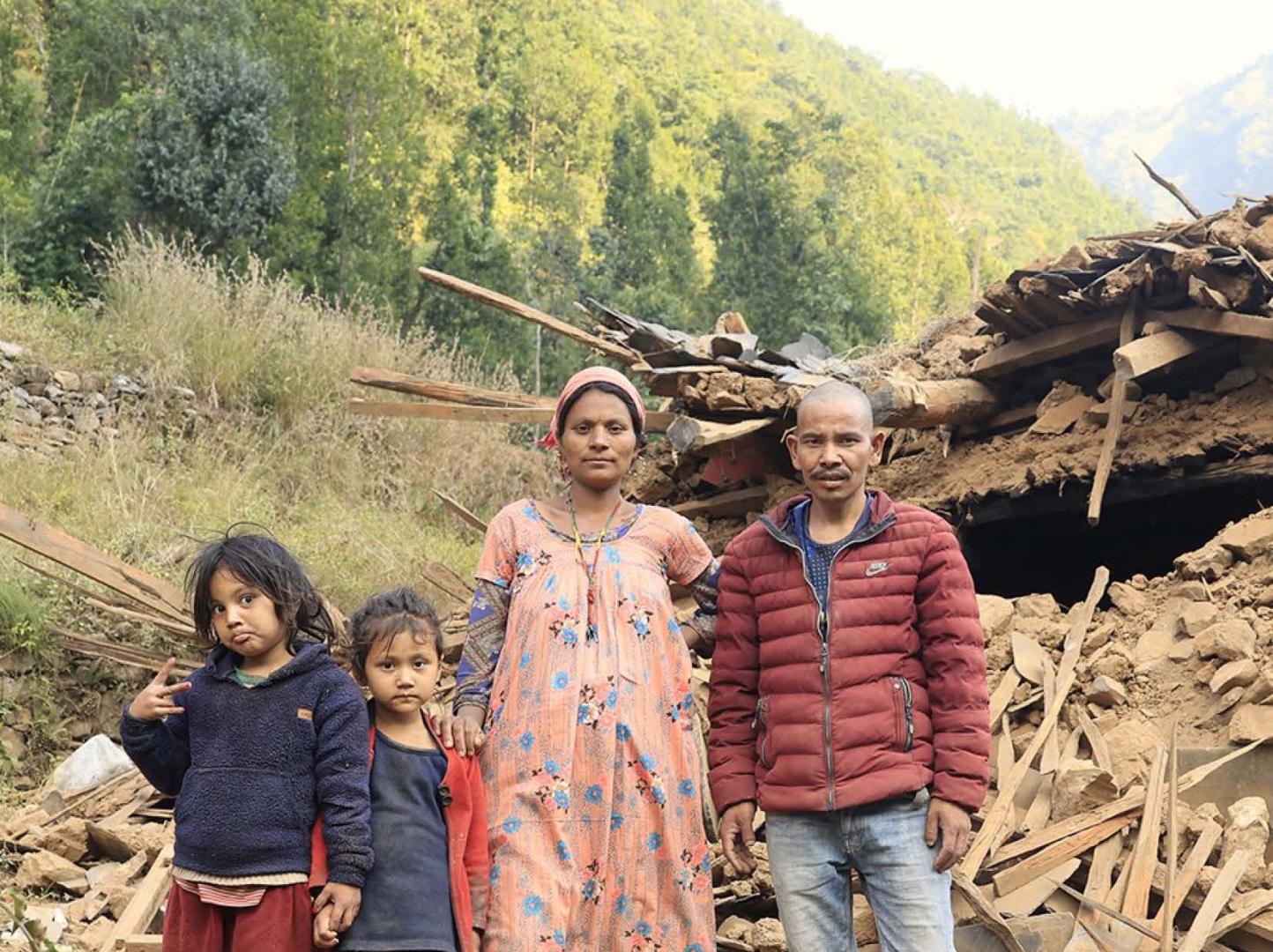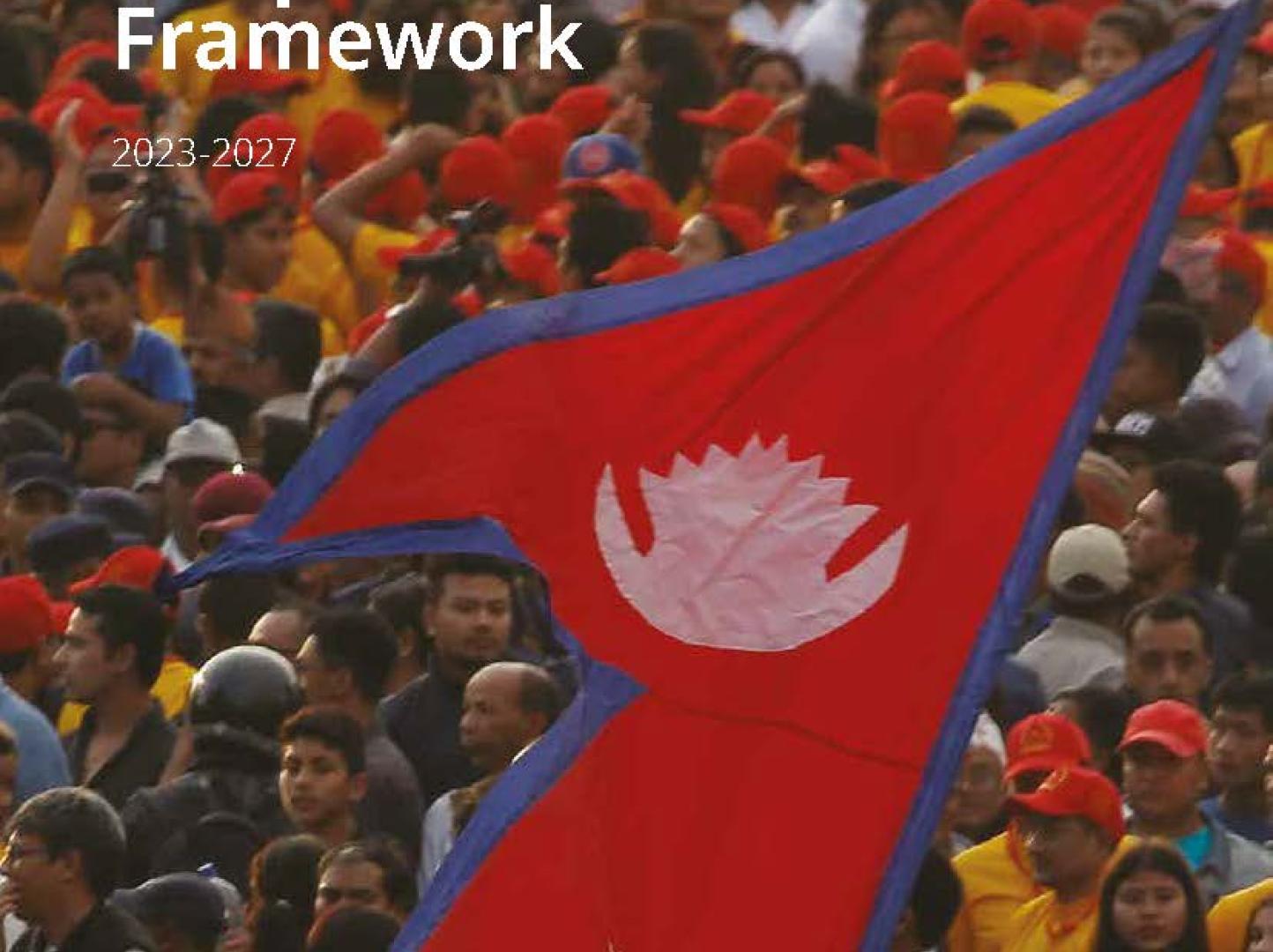Strengthening the Capacity for Monitoring Food Security and Sustainable Agriculture in the Context of Sustainable Development Goals (SDGs)

At the forty-seventh session of the United Nations Statistics Commission (UNSC) in March 2016, an indicator framework for the Sustainable Development Goals (SDGs) was agreed upon by Member States. The framework provides 169 targets and 231 indicators for the 17 SDGs. Because of the broad scope of the framework, it can be challenging for Member Countries to monitor all of the indicators, owing to deficits in available data, resources and capacities. This TCP project was designed to support several countries in the Asia Pacific region (Bangladesh, Bhutan, Malaysia, Maldives, Myanmar, Nepal, Pakistan, the Philippines, the Republic of Korea, Sri Lanka, Thailand and Viet Nam) that requested technical assistance for the establishment of a monitoring system to improve their capacities to report on their progress towards the achievement of the SDGs. The design of this project included technical support and capacity development for the monitoring of two SDGs in particular: 2 (Zero hunger) and 12 (Responsible production and consumption). Specific indicators were targeted under each of these SDGs. Indicator 2.1.1 focuses on the Prevalence of Undernourishment (PoU), indicator 2.1.2 focuses on the Food Insecurity Experience Scale (FIES), and indicator 2.4.1 focuses on sustainable agriculture. Under SDG 12, the focus was indicator 12.3.1, which covers the Food Loss Index (FLI). Building the capacities of local actors on data collection and analysis, measuring sustainable agriculture, and developing a sustainable model for monitoring food loss and waste were priorities of the project. Its design and implementation were informed by lessons learned from past projects, particularly a project concerned with food security measurement. Sharing the lessons learned under this project was also built into the project design, as a means of supporting South-South Cooperation.





